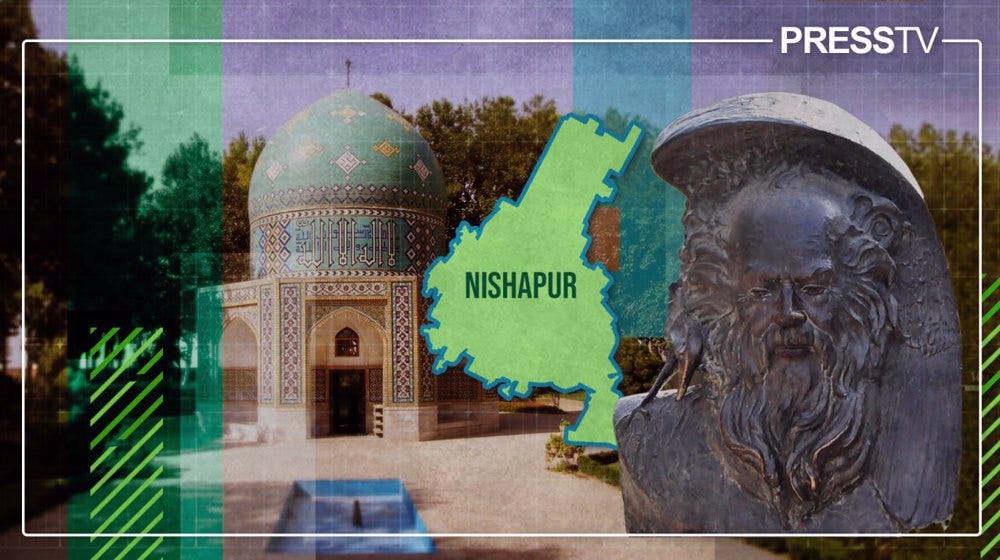Sheikh Fariduddin Attar: The Persian Mystic Whose Fables Illuminated the Path to Divine Love
Poet, Philosopher, Perfumer: The Enduring Mysticism of Fariduddin Attar
In the pantheon of Persian literature and Sufi mysticism, few figures shine as brightly as Sheikh Fariduddin Attar, the 12th-century poet-philosopher whose allegorical works continue to guide spiritual seekers centuries after his death. A master of storytelling and metaphysical wisdom, Attar’s writings transcend time, offering profound insights into the soul’s journey toward enlightenment.
A Life Devoted to Spirituality
Born in Nishapur, a thriving center of Persian culture and Islamic scholarship, Attar lived during a golden age of Sufi thought. Unlike many poets of his era, he was not merely a literary figure but also an apothecary (attar, meaning "perfumer"), a profession that influenced his symbolic use of fragrance and purification in his poetry. His deep immersion in Sufi teachings led him to abandon worldly pursuits in favor of a life dedicated to divine love and wisdom.
Masterpieces of Mystical Allegory
Attar’s magnum opus, The Conference of the Birds (Mantiq al-Tayr), stands as one of the greatest allegorical works in world literature. The epic poem follows a flock of birds on a perilous journey to meet the mythical Simurgh (a symbol of God), with each bird representing human flaws and spiritual struggles. Only thirty birds survive the quest, only to realize that the Simurgh (which means "thirty birds" in Persian) is a reflection of their own purified selves—a stunning metaphor for the Sufi concept of annihilation (fana) and unity with the Divine.
Other key works include:
Ilahi-Nama (The Book of Divine): A collection of tales where a king instructs his six sons on the futility of worldly desires.
Tadhkirat al-Awliya (Memorial of the Saints): Biographies of early Sufi mystics, preserving their wisdom for future generations.
Musibat-Nama (The Book of Affliction): A spiritual odyssey through 40 stages of suffering and enlightenment.
Attar’s Influence on Rumi and Beyond
Attar’s impact on later mystics was immense. Jalaluddin Rumi, Persia’s most celebrated Sufi poet, revered Attar as a spiritual forebear, famously declaring:
"Attar was the spirit, Rumi only his shadow."
His fusion of parable, poetry, and philosophy created a template for Sufi literature, blending narrative charm with esoteric depth. Even beyond the Islamic world, his works resonate with universal themes of self-discovery, sacrifice, and transcendent love.
Attar’s Legacy in the Modern World
Today, Attar’s verses are recited by scholars, poets, and seekers of truth across the globe. His stories have been adapted into theater, music, and visual art, proving their timeless relevance. In an age of materialism, his message—that true fulfillment lies beyond the illusions of the ego—remains as vital as ever.
As Iran and the world continue to rediscover the treasures of Persian mysticism, Attar’s voice endures, whispering to each generation that the path to the Divine begins with the annihilation of the self and the awakening of the soul.
Source: PressTv


